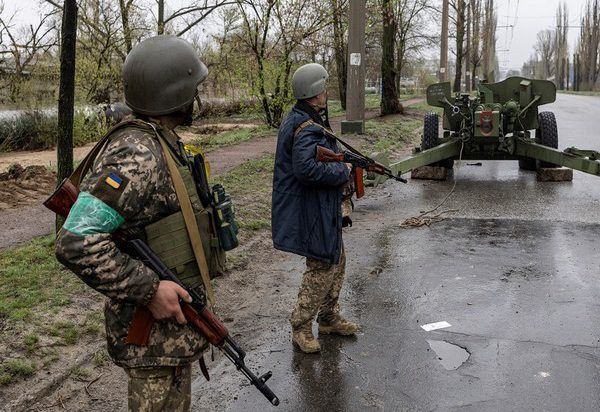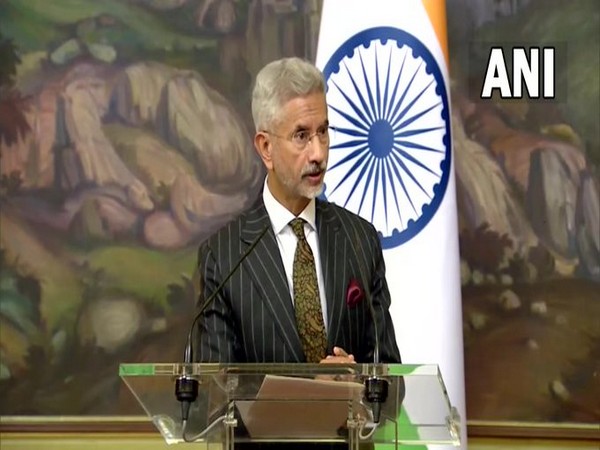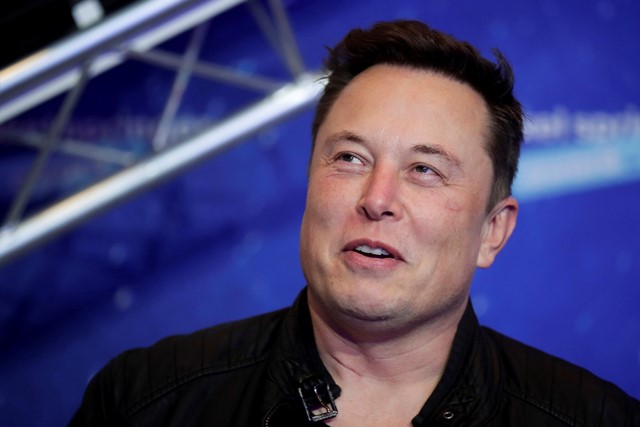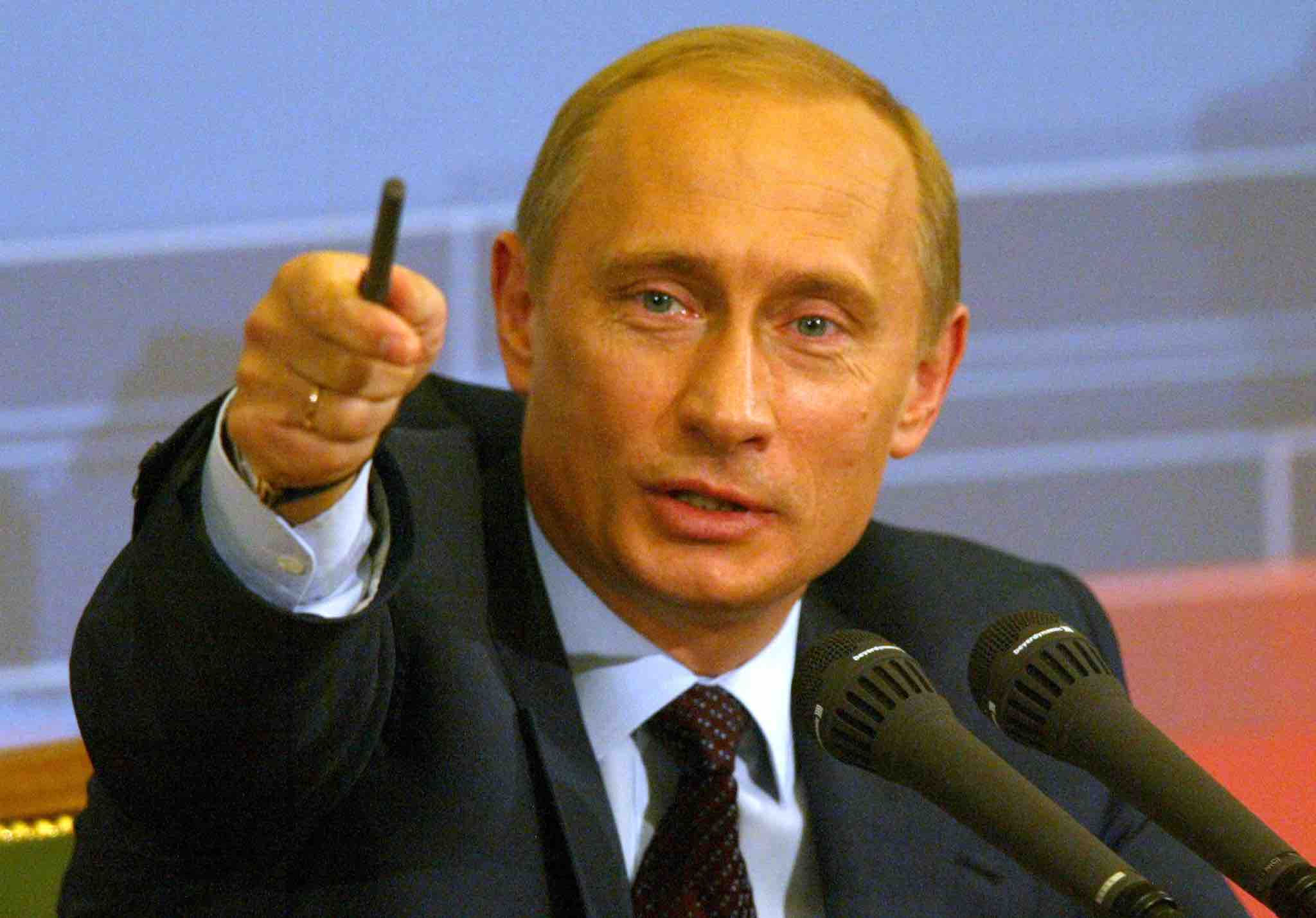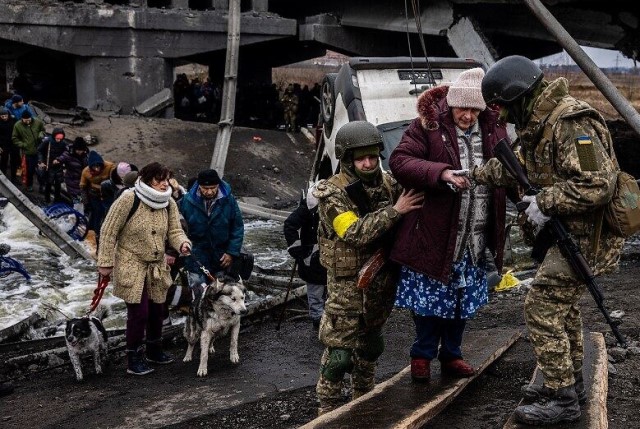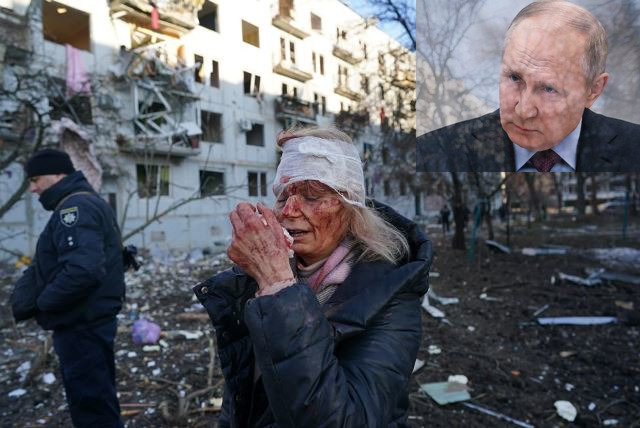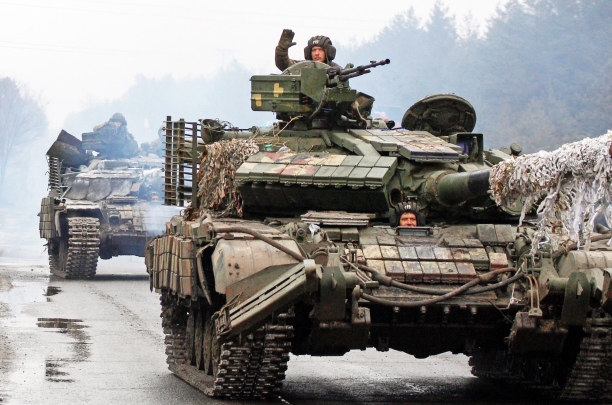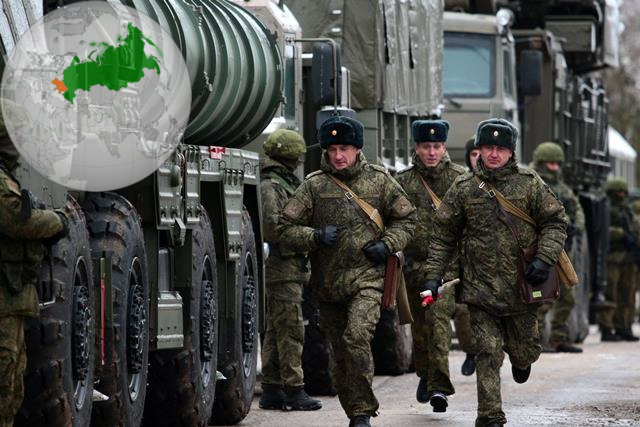A portrait of Stalin hangs on the wall. The lector reads a report on Stalin, then, the choir sings a song about Stalin, and, finally, an actor declaims a poem about Stalin. What’s the occasion? An evening commemorating the hundredth anniversary of Pushkin’s death.
(A student tells this joke. For this crime, the student gets ten years in the labour and death camps, without the right of correspondence.)
Second-Hand Time by Svetlana Alexievich
Stalin allegedly used to write poetry in his youth. So did Pol Pot, the butcher, and General Mohammed Ershad of Bangladesh. So did, perhaps, Idi Amin of Uganda and Augusto Pinochet of Chile.
Perhaps, Vladimir Putin too writes his own brand of botoxed poetry bloodied with the bloody redness of innocence — from Kiev to Lviv. Certainly, they would all be verse, as terrible as the terrible poetry Stalin wrote during his Georgian youth.
Think of Russia: 10,000 or more young soldiers dead. For no rhyme or reason. Most of them from the provinces did not even know why they were fighting this war, why they were killing people who looked like them and spoke their language and ate the same food and sang the same songs and shared the same oral traditions of the war against fascism.
Treacherous Generals! Thus wrote great Spanish poet Fredrico Garcia Lorca. So, he was shot in the woods by perhaps a footsoldier of another general, while, perhaps, another general gave him shelter. Several top generals of the Russian top brass have been killed in combat. Where have you ever heard generals fighting in the frontlines, except in those magical, mythical, medieval times?
As the sad song goes: It‘s happening in Russia. It is happening in Russia!
As another great poet, Pablo Neruda, a buddy of Lorca, wrote: Come and see the blood on the streets. Come and see the blood on the streets. Come and see the blood on the streets…
Think of Ukraine. Come and see the dead on the streets of Bucha. At Kharkhiv and Irpin. In the outskirts of Lviv and Kiev. Out there in the smoked-out Eastern Front of Ukraine. Hands tied at the back, some bodies. An entire family shot and dumped in the garden. A theatre bombed out. A railway station ravaged by hell-fire.
Dead children and mothers. A few million turned refugees; no more the warmth of their cosy homes in this freezing cold. Now, borderline cases stranded on various European borders: Lithuania, Moldova, Poland…
ALSO READ: Theatre Of Horror In Ukraine
In this grotesque anti-poetry Putin has penned, there are no between the lines. No verse or pause, silence or nuance. Only the sinister shadow of Ivan the Terrible, the Tsar of Russia, And, of course, Totalitarian Stalin of the Great Union of Soviet Socialist Republics (USSR). And he knows so well that this mindless war waged by him for mindless reasons, he has already lost. He lost it on Day One! He did.
Isolated in Europe and the West, and across the world, a megalomaniac Putin, a ruler for life, can’t even have his last hurrah. Another dictator with a half-twisted smile, in China, also a ruler for life, with his alleged communist hangover, seems to have backstabbed him on Ukraine. So, what will the hallucinating Tsar do now?
His banking system has been turned almost redundant, his lucrative oil economy is bleeding, the rouble has shrunk, his international financial system has collapsed, his finest sycophants in his caricature of a cabinet have all been sanctioned, his best billionaire buddies are finding their assets frozen, including the super-luxury yachts parked at multiple ports; so, what will Putin do now?
Till this day, even as it becomes 60 days and more, in a post-modern era where wars, rare as they are, are fought on the battlefronts in short, decisive stints, and, where diplomacy rules the roost, this long march to eternity has only nowhere as a dead-end. Till this day, Putin and his beleaguered and confused armed forces, have not been able to win any city or town, port or infrastructure, despite the huge military resources at his command. Even from Chernobyl they have withdrawn.
Reports The Guardian: “Mariupol has become a symbol of Ukraine’s unexpectedly fierce resistance since Russian troops invaded the former Soviet state on February 24.” The UN World Food Programme has stated that 100,000 plus citizens in ravaged Mariupol are starving and there is serious scarcity of water, sanitation and heating. Undoubtedly, it is a major humanitarian catastrophe, and the blame squarely falls on Putin.
“The city still has not fallen,” the Ukrainian Prime Minister said on Sunday. “There’s still our military forces, our soldiers. So they will fight to the end,” he told ABC’s The Week. “We will not surrender.”
Putin and his commanders tried the strategy of putting the capital of Ukraine under siege for days. In contrast, even the satellite towns did not surrender, so brave, strategic and resilient has been the Ukrainian response on the ground. Hence, now top European leaders are making a beeline for Kiev, right under the nose of Putin, standing with the troops and the brave, fighting citizens of Ukraine. Even Joe Biden might land up at Kiev anytime soon, and as did Boris Johnson in a sudden, surprise, solidarity visit.
Hence, while the brilliant comic star of reality TV and valiant president and soldier in fatigue on the frontlines, Volodimir Zelenskiy, fights a winning battle 24/7 with his back to the wall, with clever rhetoric and imaginative manuevering, Putin stands cornered, ghettoized and isolated. All he now has is the dream to capture Donbas and Lugansk, etc, and focus on the Eastern Front, like he did with Crimea in the past. That is, indeed, a big loss to his grand project of extending the Great Stalinist Soviet Empire!
All he could do therefore was order massacres, executions, Stalin-style, indiscriminate bombing and missiles flying into homes, hospitals and schools. Surely, these are no signs of a smart and strategic military commander sitting in Moscow which led such a stoic and sustained battle for months in the frozen landscape in Stalingrad and Leningrad.
Putin seems to have willfully forgotten that more than 20 million Russians died in the protracted war against fascism, whereby, the Red Army first liberated Berlin, whereby, Adolf Hitler and his wife, then, chose to commit suicide. Many of the millions who died came from Ukrain and neighbouring Belarus, also ruled by a tin-pot dictator, another best buddy of the Tsar in Moscow.
The tragic epic hereby unfolding is heart-breaking: between the young men and women fighting each other in a meaningless war in Ukraine, there is a history of deep, intrinsic, intimate and shared memory. These shared memories are stronger than war, victory or defeat. They are childhood memories, spoken as fairy tales turned real, inside the warmth of the home and hearth, around a soft, crackling fire, as the snow would fall over the meadows like sheets of white, and the howling wind would creep in through the cracks in the window. These are real stories, and they shall never die.
Nobel Prize winning journalist Svetlana Alexeviech narrates another joke cracked by the grandson of a seasoned communist and party card holder who was tortured and brutalized in all kinds of dingy hell-holes during the Stalinist purges for reasons no one knows till this day. His wife, also a card-holder, died of the brutality, cold and hunger in prison. The joke:
A professor and an Old Bolshevik are at a séance. The professor: ‘From the very beginning, communism was based on an error. Remember the song: Our train is flying forward… The next stop is the commune…’
The Old Bolshevik: “Of course, I do. What’s the problem? Trains don’t fly.’
